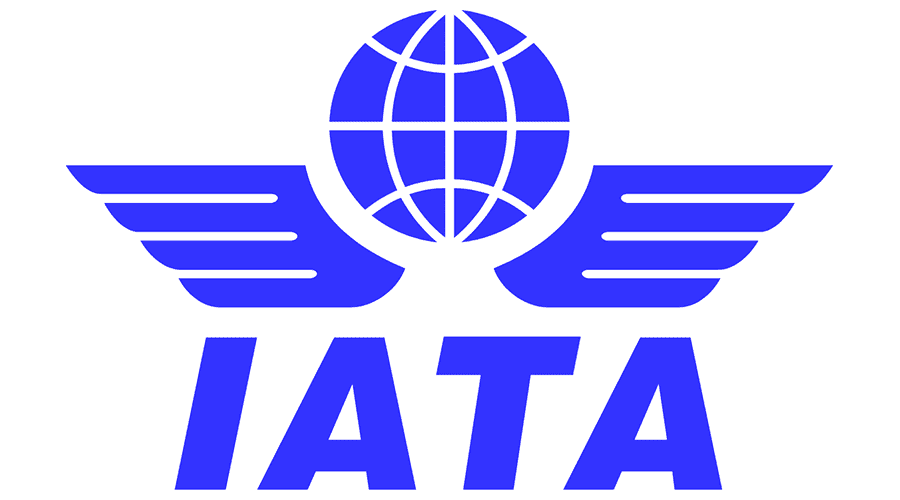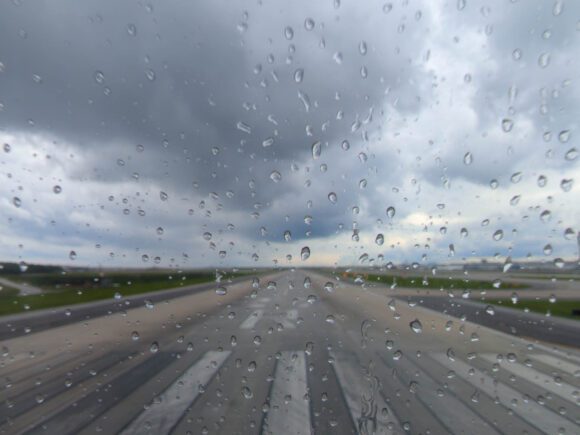
iata logo 1
A surge in blocked funds complicates African airlines’ expansion plans and Nigerian once again tops the ranks of the five most indebted markets globally. This after making progress and earning the praise of IATA’s Vice President for Africa and the Middle East, Kamil Al Awadhi, who cited Nigeria as an “example of how government-industry engagement can resolve blocked funds issues ” last year.”

Speaking to the African press at the 79th IATA AGM in Istanbul today, Rwandair CEO Yvonne Makolo said Nigeria was an important market with immense potential; expanding in the country was difficult for small and mid-size African airlines, who don’t have the depth of financial resources to sustain services for extended periods without recouping money from sales. Rwandair’s plans to double services were being held back as a result.
“Nigeria is the second-biggest market for us after Rwanda, and we were thinking of maybe going double-daily on the Lagos-Abuja route. But then again, you have to ask yourself how you are going to finance operations if you cannot repatriate the money you have made from sales in that market,” Yvonne said.
The International Air Transport Association (IATA) released the latest blocked funds statistics on June 4, warning that rapidly rising blocked funds threatened airline connectivity in the affected markets. The industry’s blocked funds have increased 47 percent to $2.27 billion in April 2023 from $1.55 billion a year earlier.
At $812.2 million was the biggest debtor, topping the group of five (Nigeria, Bangladesh-$214/1million, Algeria-$196.3million, Pakistan-$188.2, and Lebanon-$141.2 million) countries with blocked airline funds globally. Together the five group account for 68 percent of blocked funds globally – up three percent from April 2022.
“Airlines cannot continue to offer services in markets where they are unable to repatriate the revenues arising from their commercial activities in those markets. Governments need to work with industry to resolve this situation so airlines can continue to provide the connectivity that is vital to driving economic activity and job creation,” said Willie Walsh, IATA’s Director General. We’ve been here before.
Walsh appealed to governments to abide by international agreements and treaty obligations to “enable airlines to repatriate these funds arising from the sale of tickets, cargo space, and other activities.”
Last August, Nigeria made rapid progress in paying $265 million of the $465 million it held in unrepatriated airlines funds, with a promise to clear the deck by the end of the year. This was after Emirates threatened to suspend all services to the country, prompting the Central Bank of Nigeria to intervene and settle release funds to all operators who had submitted invoices. Cutting air service may be the only way to get Nigeria and other countries to ensure the rapid processing of “blocked funds.”
Views: 0




